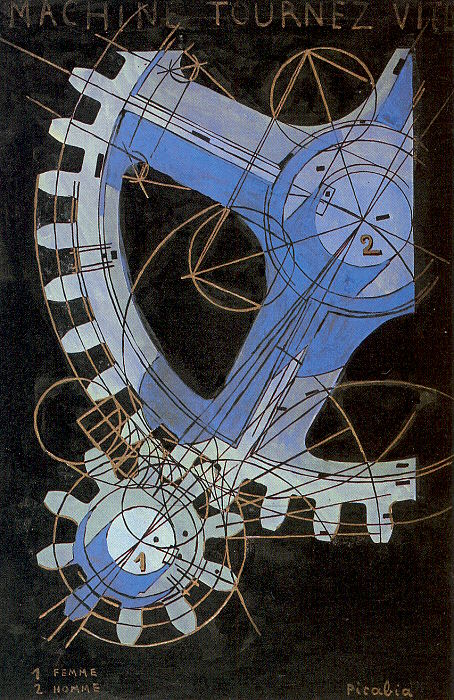Modeling and the autonomy of psychology
Modeling has come to occupy a central place in philosophy of science. In recent decades, an enormous amount has been written on the practices of model construction, how models represent their targets, how models relate to simulations and theories, and how models are validated and verified.







